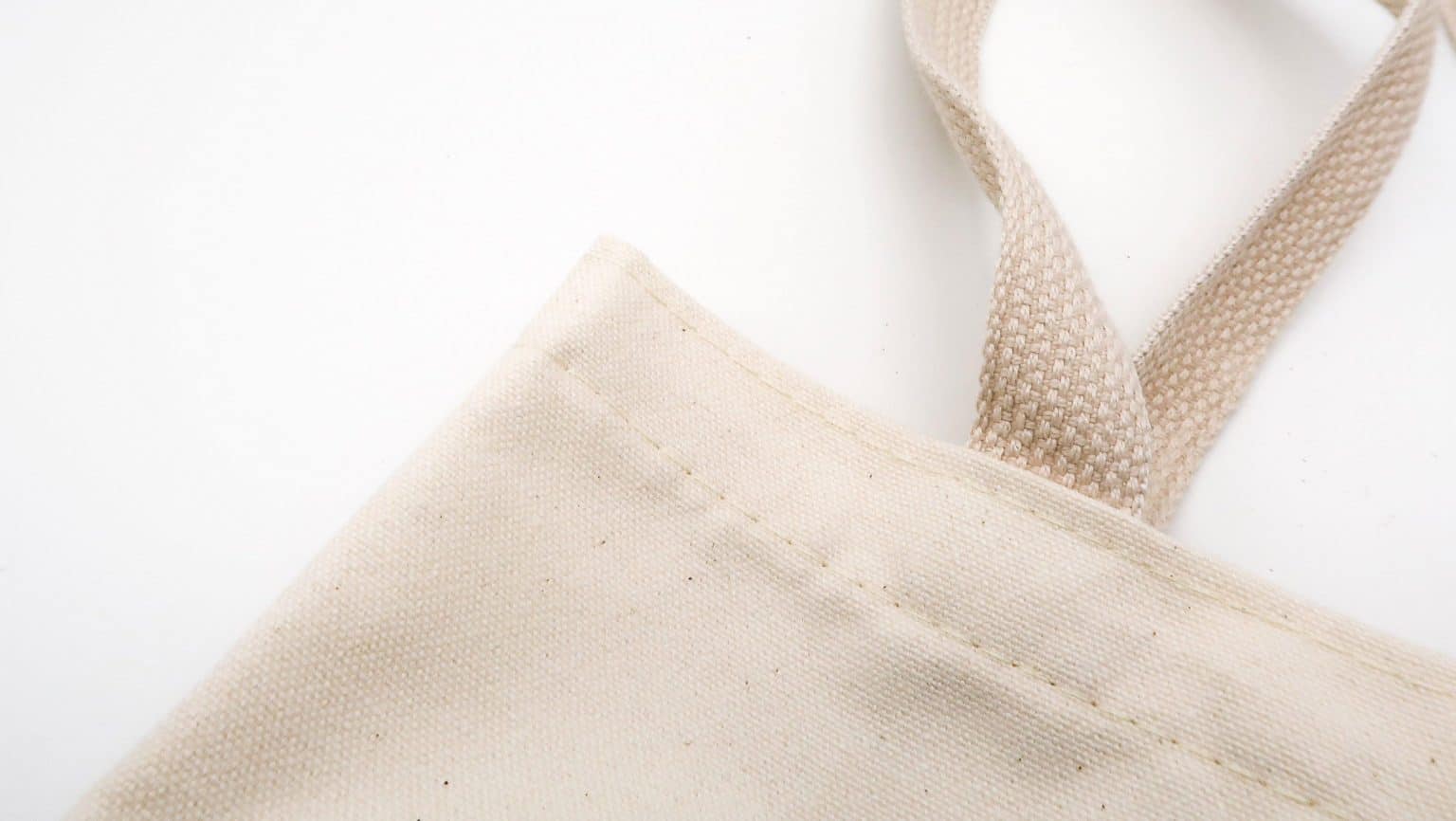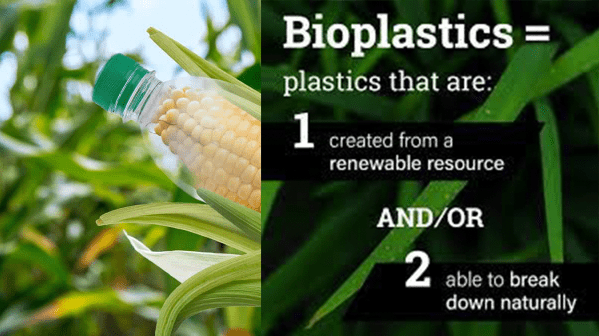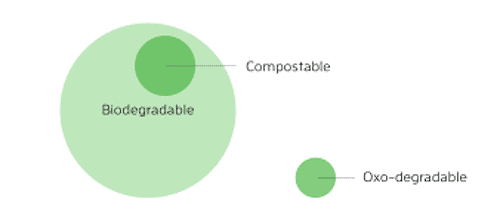Your cotton tote is pretty much the worst replacement for a plastic bag
By Zoe Schlanger for Quartz, 04-01-19
If you’re trying to contribute as little as possible to the two global calamities of climate change and the swirling gyres of forever-materials slowly filling our oceans, there’s a useful formula to keep in mind: Use fewer things, many times, and don’t buy new ones.
But are plastic bags better or worse than paper? And what about a cotton tote? Let’s rip this bandaid off right away: There’s no easy answer.
To understand the impact of reusable bags on the environment, one has to hold two very different things in mind. One: Plastic bags do not biodegrade and are stuffing the oceans, marine life, and our food supply with plastic bits. Two: Considering all the other environmental impacts besides litter, a cotton tote or a paper bag may be worse for the environment than a plastic one.
In a 2018 life-cycle assessment, Denmark’s ministry of environment and food agreed with previous similar studies, finding that classic plastic shopping bags have the least environmental impact. This assessment does not take marine litter into account—so as far as that gigantic problem is concerned, plastics are almost certainly the worst, since they don’t break down on a timescale meaningful to human or animal life.
But when taking into account other factors, like the impact of manufacturing on climate change, ozone depletion, water use, air pollution, and human toxicity, those classic, plastic shopping bags are actually the most benign of the current common options.
The technical name for the wispy plastic bags, like the ones you might get at the grocery store or deli, are low-density polyethylene (LDPE) bags.
The table below, using data from the Denmark study, compares the environmental performance of LDPE bags to other bags, assuming that the LDPE bags are reused once as a trash bin liner before being incinerated (incineration is the best possible disposal for these bags, according to the report).
Cotton bags must be reused thousands of times before they meet the environmental performance of plastic bags—and, the Denmark researchers write, organic cotton is worse than conventional cotton when it comes to overall environmental impact. According to the report, organic cotton bags have to be reused many more times than conventional cotton bags (20,000 versus 7,000 times), based on the assumption that organic cotton has a 30% lower yield rate on average than conventional cotton, and therefore was assumed to require 30% more resources, like water, to grow the same amount.
Even adjusting for the benefits of organic cotton production—like less fertilizer and pesticide use (and therefore less eutrophication and water contamination caused by growing it)—conventional cotton came out on top.
The report also assumed the cotton could not be recycled, since very little infrastructure exists for textile recycling.
With plastic bag bans soaring in popularity globally (127 countries have adopted plastic bag restrictions, and New York just passed one this week), the question of what will replace plastic bags has become more pressing. We know that single-use anything is a terrible idea, whether it is plastic or not, so replacing plastic bags with paper ones will surely have deleterious side-effects like increasing deforestation. Making a paper bag also requires more energy and water than making a plastic bag, so for other environmental considerations besides litter, paper products may be worse than plastic ones.
As the Verge pointed out last year, regardless of the bag you choose, what is likely of vastly greater importance is what you choose to put in it and how you carry it around: Eating less meat, cycling or walking to the store, and buying locally-made grocery products are all likely to make a bigger difference in lowering your personal contribution to environmental problems.
The simplest advice for individuals seems to be this: Whatever you have in your house now—be it a pile of cotton totes, or a jumble of plastic bags—don’t throw them out. Keep using them until they fall apart. Whatever the material, use it as a garbage bag once you can’t use it for other purposes any more. And whatever you do, try not to buy new ones.
Plus, knowing how many resources it takes to make a piece of cotton, treat fabric items in your home like infinitely reusable resources worth their carbon-mitigating weight in gold. Find new uses for old clothes, use textiles until they wear out, and when you want something new, buy vintage.
have to use a cotton tote thousands of times to make up for its environmental impact.
Source: The best and worst replacements for the single-use plastic bag — Quartz





Pura Vida Bioplastics = Real Certificates USDA BIO-BASED, TUV, BNQ, GREEN AMERICA Home Compostable – Breaks down 3-4 months without Chemicals
Get a Quote